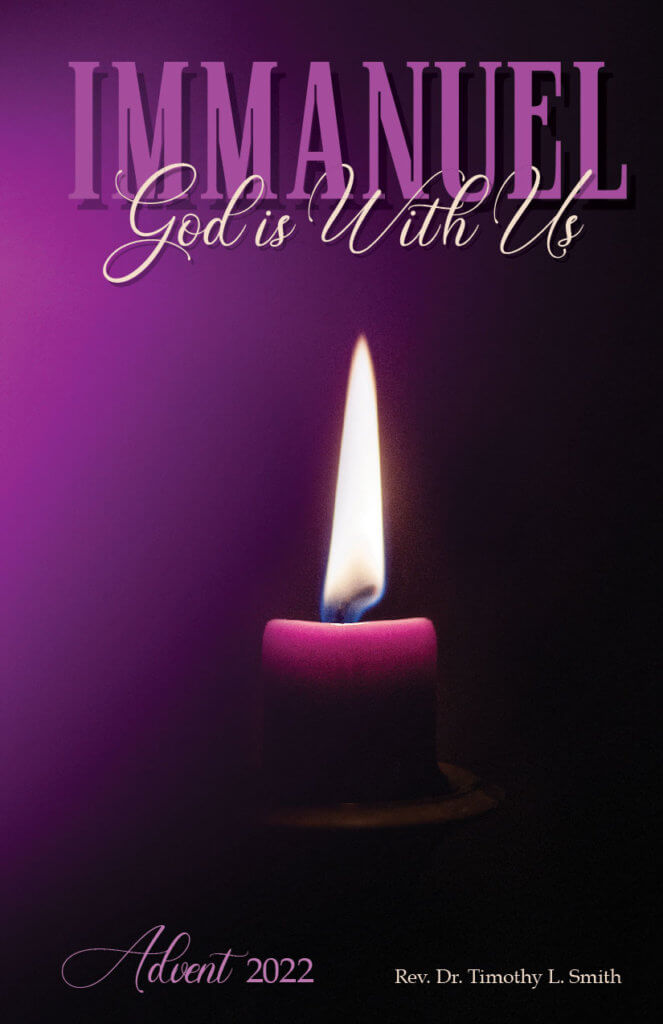PREPARATION: lighting the candle and readying myself to listen.
REFLECTION:
“She will bear a son, and you are to name him Jesus, for he will save his people from their sins.” All this took place to fulfil what had been spoken by the Lord through the prophet: “Look, the virgin shall conceive and bear a son, and they shall name him Emmanuel”, which means, “God is with us.”
Matthew 1:21-23
“What have we grown-ups forgotten about God, that children have not?” An interesting question put to 7,000 children ages five to eight, from various faith traditions, in one of the largest studies ever conducted on children’s thinking about God. When asked what they thought we grownups had forgotten, the children’s most frequent answers were: “God loves everybody”; “God is always with us”; and “Jesus is real”. (For more on this study see Catherine Stonehouse, Joining Children on the Spiritual Journey: Nurturing a Life of Faith)
Wow! Out of the mouths of babes, for sure! Jesus did say that we have to come to Him, like little children. Yet sadly, I talk with so many grownups who have forgotten about God’s love and presence with us.
Today’s reading from Matthew’s Gospel explains the meaning of Jesus’ birth like this: He embodies God’s presence with us. His very name, “Immanuel”, expresses the miracle of the incarnation, that God did really become flesh and blood with us, forever making Himself one with lost humanity (John 1:14). This Baby is 100% God and 100% human as God and humanity come together in one person. He comes that He might be made sin for us so that we might be made the righteousness of God (2 Corinthians 5:21). He comes to take our darkness, our forsakenness and rebellion, that He might bring us into the life and love of Father, Son, and Holy Spirit.
Matthew’s Gospel explains that Jesus’ birth is the fulfillment of the prophetic sign given to Isaiah (Isaiah 7:14). With this sign God pledged that He would come and be “with” us to take up our cause and save us. This divine sign was given as world superpowers threatened Jerusalem and the very existence of God’s people. But God’s sign meant that they need not fear, because God was coming to be “with” them.
This sign is given in that part of Isaiah’s prophecy known as ‘The Book of Immanuel’ (Chapters 7-12), as it foretells the blessings that Immanuel will bring on the earth. This portion of Isaiah’s prophecy identifies the baby born of a Virgin as also named “Wonderful Counselor, Mighty God, Everlasting Father, Prince of Peace” (Isaiah 9:6). And as prophesied of Immanuel, “with righteousness he shall judge the poor, and decide with equity for the meek of the earth” (Isaiah 11:4). Because Immanuel is God with us, the nations of the world “will not hurt or destroy on all my holy mountain; for the earth will be full of the knowledge.” Of Immanuel we will sing: “Surely God is my salvation; I will trust and not be afraid.” (Isaiah 12:2). Great promises are made of Immanuel!
Noticeably, Matthew strategically begins and ends his Gospel with God’s promise to come and be with us. Matthew begins by telling us that this baby born of Mary is Immanuel, “God is with us”. Matthew closes with Jesus’ promise to us: “I am with you always, to the end of the age” (28:20).
Charles Wesley’s Christmas hymn, “Hark! The Herald Angels Sing” celebrates the wonder and the mystery of Jesus our Immanuel: “Veiled in flesh the Godhead see; Hail, incarnate Deity! Pleased as man with men to dwell, Jesus our Emmanuel.” English churchman and theologian John Stott says: “I remind God does not look at our pain from a distance and send us ‘well wishes’. No, God the Father sent His Son to take on our human flesh, saturate himself in our struggles, and bear our pain.” (John Stott, The Contemporary Christian)
God descends to us in a crude Bethlehem stable, not with majesty and power, but as a tiny baby vulnerable to our pain. He comes in humility and lowliness so that we might receive Him rather than fear Him. God is not far off, but, as Immanuel, is with the brokenhearted and the suffering.
CONVERSATION: I talk with God about the thoughts and feelings stirring within.
REST: I take time to be present to Immanuel who is present to me.



